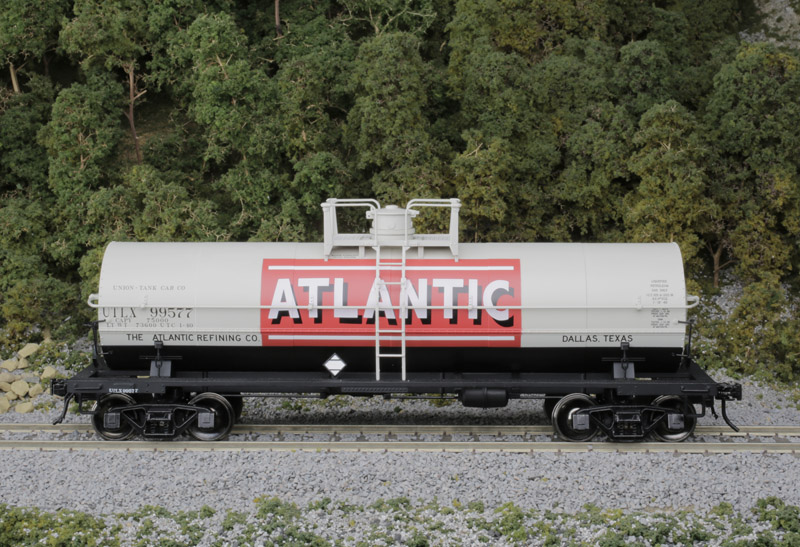I know it theoretically works, as natural gas is the preferred fuel for turbine generators. Apparently Aviat has a CNG powered dual-fuel Husky available, but that's a conversion for a reciprocating engine. I'm a bit skeptical about the costs cited here, but I'm sure CNG is cheaper relative to energy than kerosene-based jet fuel. It's also different in that the compressor and fan are driven by electric motors rather than by the turbine. Possibly independently of the turbines. Isn't that what an adaptive cycle engine was supposed to achieve?
I know range would be limited, but for aircraft often weight is the consideration more than volume. CNG is supposed to be cheaper and cleaner burning than kerosene. And turbine engines are inherently tolerant of all sorts of fuel sources.
Astro Mechanica, an aerospace company founded in 2021, has developed a new type of aircraft engine using electric technology from the automotive industry. The company has successfully completed the first test of its Gen3 engine, reports New Atlas.
The engine design separates the fan and compressor components and drives the compressor separately with high-performance electric motors. A turbogenerator produces electricity that powers the electric motors which in turn drive the compressor and turbofan. This enables variation of air compression for optimal efficiency at different speeds.
I know range would be limited, but for aircraft often weight is the consideration more than volume. CNG is supposed to be cheaper and cleaner burning than kerosene. And turbine engines are inherently tolerant of all sorts of fuel sources.



